On February 19th, Serbian President Tomislav Nikolic signed into law a draft agreement regulating Serbia’s relationship with NATO, following its passage in parliament on the 12th of February. The agreement calls for free passage of NATO personnel throughout Serbia as well as diplomatic immunity for all members of the alliance. News of the agreement struck a nerve in Serbia, as the country was bombed by the alliance only 17 years ago.
Many fear that it will undermine Serbia’s stated position of neutrality while others see the agreement as a betrayal of traditional Serbian ally Russia. The passage of the bill appears to play into Russian claims of a backdoor deal with NATO, especially since 73% of Serbia’s population is opposed to membership. This leads to a large degree of mistrust between the Serbian people and their government.
A large-scale protest sprung up on February 20th in the Serbian capital of Belgrade in response to the signing of the agreement. Estimates of the size of the protest varied to much contention. Government controlled media sourcesestimated around a thousand protesters while others speculated that there were many more. Serbian activists in favor of the protests accused the government of a media blackout of the protest, an unsurprising action in a country where much of the media is controlled by powerful political interests.
The protesters, decked with Russian flags, flags of the Donetsk People’s Rebublic, and photos of Russian president Vladimir Putin, rallied in front of the Russian embassy where they condemned the government for signing the agreement. Signs abounded demonizing NATO and glorifying Russia and Putin.
At a time when tensions between East and West are at their highest, and a new Cold War seems to be upon us, taking sides does not behoove Serbia. When the Serbian government signs deals such as the most recent one with NATO and declares that it considers NATO an ally, it pushes Serbian nationalists even further into the hands of Russia. Signing cooperation agreements in the face of public opinion only serves to strengthen claims by Russian propagandists and Serbian nationalists that the Serbian government is working to join NATO behind closed doors.
A better route for Serbia would be to maintain the neutrality it has claimed and make no moves to support either side militarily in this seeming return to Cold War bipolarity. Even the slightest move toward either side will enrage nationalists or liberals alternately. Serbia can also reap benefits from this approach, scoring valuable trade deals and agreements from both sides. It has benefitted immensely from Russia’s sanctions on European and Turkish goods and should ensure that neutrality is maintained. The example of Tito and hisnon-aligned movement lives on to this day and Serbia’s current government should take a page from his book.

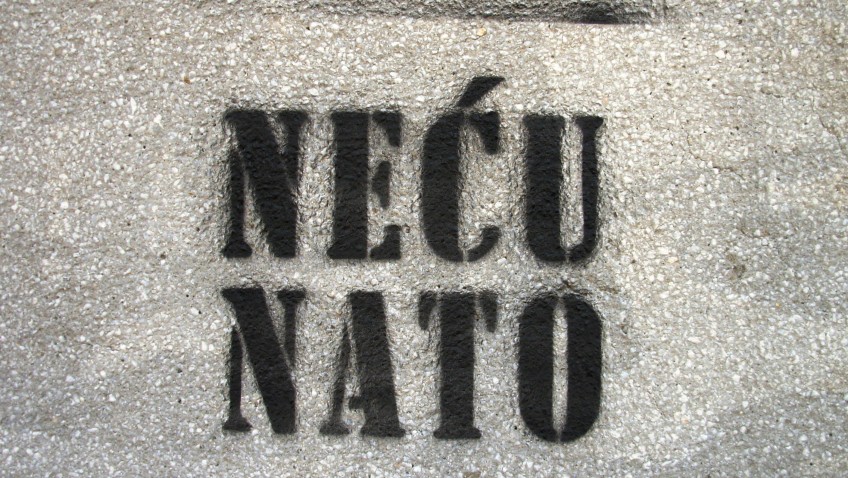

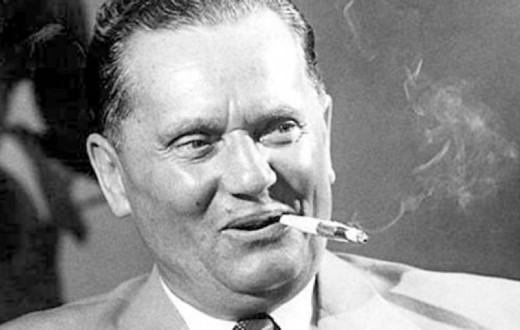
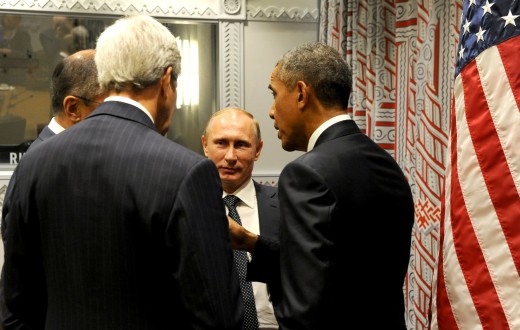
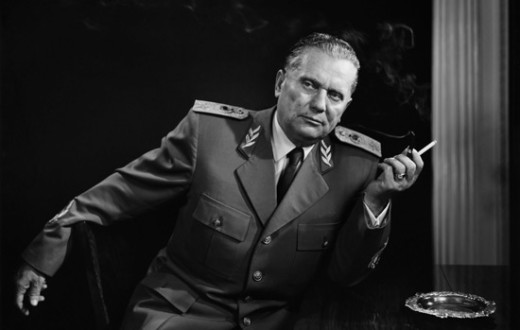
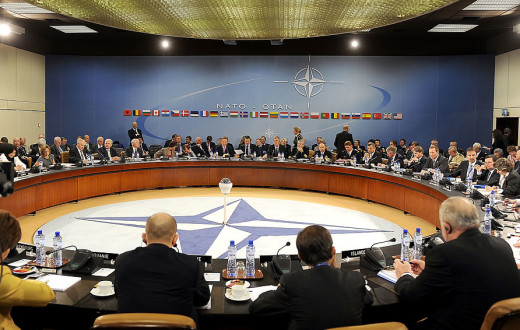
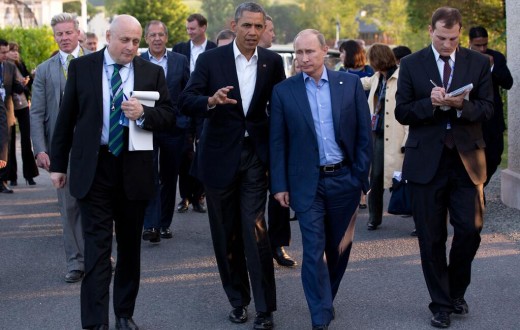
0 comments